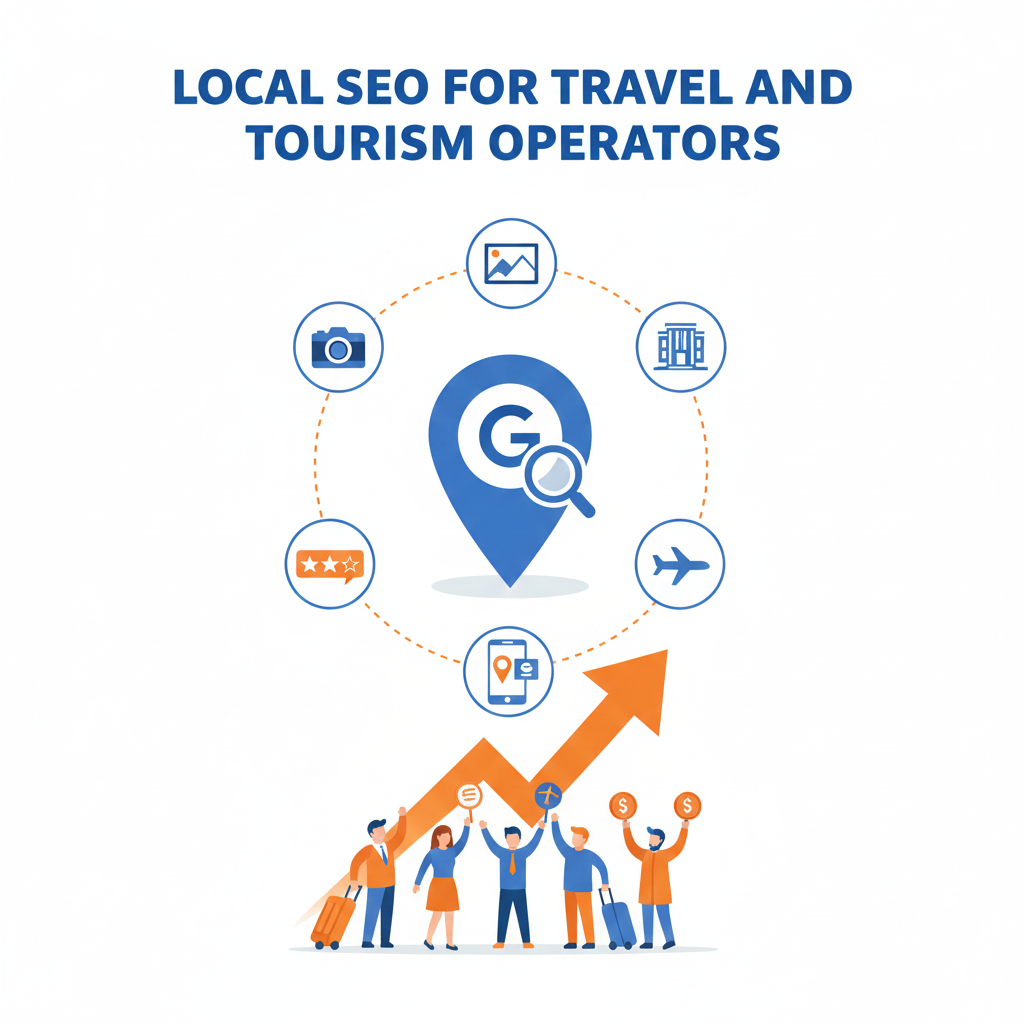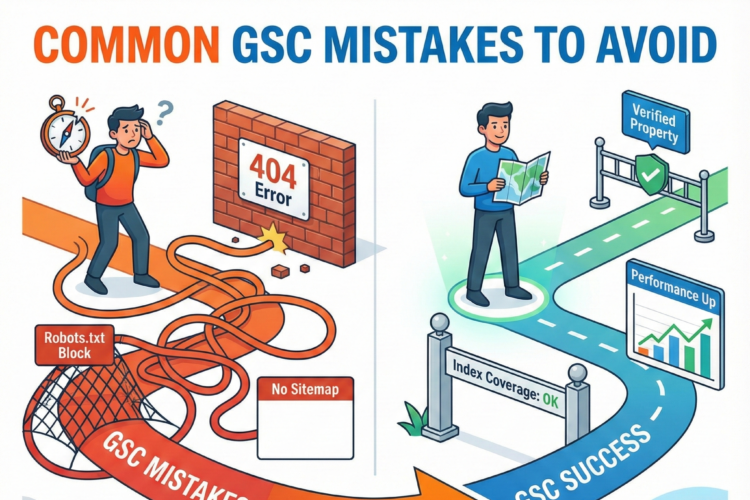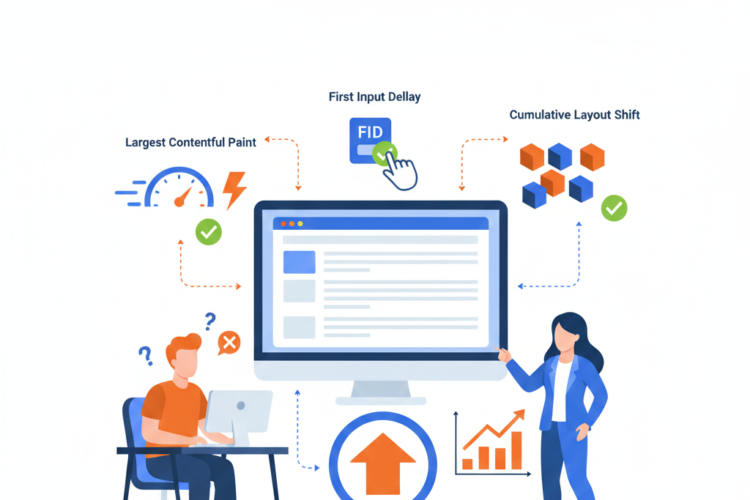
Local SEO for Travel and Tourism Operators: Boost Visibility, Bookings, and Customer Engagement
1. Introduction: Why Local SEO Matters for Travel Businesses
For travel and tourism operators, attracting local and international visitors often depends on being visible when people search for tours, attractions, or accommodations nearby.
Local SEO (Search Engine Optimization) ensures your business appears in relevant search results for a specific location, which is crucial because:
-
46% of all Google searches have local intent.
-
78% of local mobile searches result in an offline purchase or booking within 24 hours.
-
Travelers increasingly rely on Google Maps, TripAdvisor, and niche directories before deciding.
For travel operators, effective local SEO means more bookings, higher visibility, and stronger brand credibility.
2. Key Elements of Local SEO for Travel Operators
Local SEO focuses on optimizing your online presence so your business shows up in “near me” searches, Google Maps, and local directories. Here are the key components:
a. Google Business Profile (GBP) Optimization
Previously called Google My Business, your GBP is critical for appearing in local packs.
Checklist:
-
Claim and verify your business.
-
Complete all fields: Name, Address, Phone, Website.
-
Add high-quality photos of tours, attractions, or accommodations.
-
Include accurate business hours and seasonal availability.
-
Encourage customer reviews and respond promptly.
-
Use services and tour descriptions with relevant keywords.
Pro Tip:
Add booking links or “Reserve Now” buttons for tours directly in your GBP.
b. Local Keyword Research
Use keywords with location + service intent, e.g., “best desert safari in Dubai” or “guided tour in Kerala backwaters.”
Tools for keyword research:
-
Google Keyword Planner
-
SEMrush / Ahrefs
-
Ubersuggest
Focus on:
-
Short-tail and long-tail keywords
-
“Near me” queries
-
Seasonal keywords (e.g., “summer trekking tours in Himachal”)
c. On-Page Optimization
Optimize your website pages for local SEO:
-
Include city/region names in meta title, meta description, and headings.
-
Add structured Schema Markup for:
-
LocalBusiness
-
TourOperator
-
TravelAgency
-
-
Embed Google Maps on contact and booking pages.
-
Use NAP consistency (Name, Address, Phone) across all pages.
-
Write blog content highlighting local experiences, festivals, or attractions.
d. Local Citations and Directories
List your business on local and niche travel directories:
-
TripAdvisor, Viator, Booking.com, Yelp
-
Local tourism boards or chambers of commerce
-
Travel blogs and guides
Pro Tip: Ensure your NAP is consistent across all platforms to improve trust with Google.
e. Reviews & Reputation Management
Customer reviews are critical for both SEO and credibility.
-
Encourage satisfied customers to leave reviews on Google, TripAdvisor, and social media.
-
Respond promptly to all reviews — positive and negative.
-
Use keywords naturally in responses (e.g., “Thank you for enjoying our Jaipur heritage tour!”).
-
Showcase reviews on your website to increase trust and conversions.
f. Mobile Optimization
Travelers search on the go, often using mobile devices:
-
Ensure your website is mobile-friendly and fast.
-
Use AMP (Accelerated Mobile Pages) for blogs or landing pages.
-
Optimize booking forms for easy mobile conversions.
g. Content Marketing for Local Travel SEO
Create location-based content that helps users and boosts SEO:
-
Guides: “Top 10 Beaches in Goa”
-
Itineraries: “3 Days in Rajasthan: Heritage Tour”
-
Local events: “Best Christmas Markets in Europe”
-
Tips: “How to Travel Safely in the Andaman Islands”
Pro Tip: Incorporate internal linking to tour booking pages from blog posts.
h. Backlinks & Partnerships
Local backlinks strengthen your SEO authority:
-
Partner with local hotels, restaurants, or attractions for cross-links.
-
Guest post on travel blogs or regional websites.
-
Get listed on travel award or travel influencer sites.
i. Social Signals and Local Engagement
Social media activity can indirectly influence local SEO:
-
Post tour updates, local tips, and customer experiences.
-
Use location tags and hashtags on Instagram, Facebook, and X (Twitter).
-
Encourage shares and check-ins at your tour locations.
3. Advanced Local SEO Tactics for Travel Operators
-
Schema & Structured Data for Tours:
-
Use JSON-LD schema for tours, events, and accommodations.
-
Helps Google display rich snippets, like ratings, dates, and prices.
-
-
Voice Search Optimization:
-
Optimize for conversational queries, e.g., “Where can I go trekking near Manali?”
-
Use FAQ sections and natural language keywords.
-
-
Video & Visual Content:
-
Short travel videos on YouTube, TikTok, or Instagram can boost local search visibility.
-
Embed videos on tour pages to increase engagement and dwell time.
-
-
Seasonal Campaigns:
-
Optimize pages for holiday or festival searches, e.g., “Diwali tours in Jaipur” or “Christmas market Europe trip.”
-
-
Local Link Building via Influencers:
-
Collaborate with local travel influencers to generate backlinks and social buzz.
-
4. Measuring Local SEO Success
Track performance with these key metrics:
| Metric | Why It Matters |
|---|---|
| Google My Business Views | Shows how often your listing appears |
| Local Pack Ranking | Indicates top visibility in searches |
| Website Traffic from Local Searches | Measures qualified audience |
| Conversion Rate (Bookings / Inquiries) | Direct ROI measurement |
| Review Ratings & Volume | Trust and social proof |
| Click-Through Rate (CTA on GBP or website) | Engagement and relevance |
Tools like Google Analytics, Google Search Console, SEMrush, and BrightLocal help track and optimize performance.
5. Common Local SEO Mistakes to Avoid
🚫 Inconsistent NAP across platforms
🚫 Ignoring reviews and failing to respond
🚫 Overstuffing location keywords
🚫 Not optimizing for mobile
🚫 Lack of structured data for tours/events
🚫 Minimal or no local backlinks
Avoiding these mistakes ensures that your local SEO efforts translate into real bookings and engagement.
6. Conclusion: Local SEO as a Growth Engine
Local SEO is essential for travel and tourism operators because it connects travelers with your offerings when they are actively searching. By focusing on:
-
Optimized Google Business Profile
-
Location-targeted keywords
-
High-quality content
-
Reviews and local backlinks
…you can drive more bookings, improve customer engagement, and build lasting brand trust.
Local SEO is not just a strategy — it’s an ongoing process of visibility, credibility, and conversion for travel operators in a competitive digital landscape.
Author



